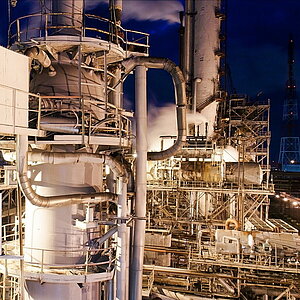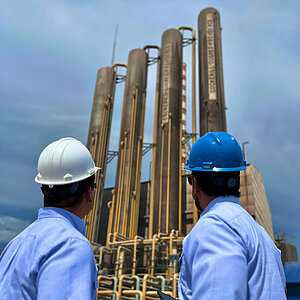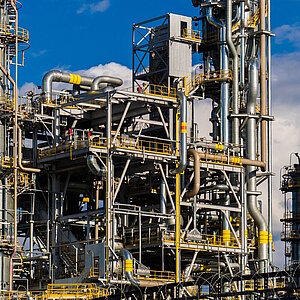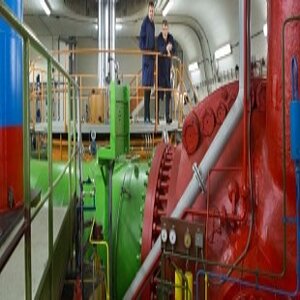Thailand and Cuba join the Nitric Acid Climate Action Group

At COP 25 in Madrid, the Nitric Acid Climate Action Group (NACAG) has grown by two countries: Thailand and Cuba.
Nitrous oxide (N2O) is a very potent greenhouse gas with a global warming potential 265 times higher than carbon dioxide (CO2). One major source of N2O emissions is the production of nitric acid, which is used in the agricultural and mining sectors.
With a goal to substantially reduce N2O emissions from the production of Nitric Acid worldwide, the Nitric Acid Climate Action Group (NACAG) was initiated by the German Federal Ministry for the Environment, Nature Conservation, and Nuclear Safety; funded through the International Climate Initiative. At the UNFCCC COP 25, two new countries joined the NACAG: Thailand and Cuba.
Minister Varawut Silpa-archa, from the Ministry of Natural Resources and the Environment, Thailand, and Deputy Minister José Fidel Santana Núnez from the Ministry for Science, Technology and Environment, Cuba, both signed the NACAG Declaration. Through these signatures, they are underlining their support for NACAG's goal.
By signing the declaration, the two new NACAG member countries have also made the first step towards the climate-friendly transformation of their nitric acid production sector. The emission reduction potential of this sector amounts to an estimated 180,000 t CO2e annually in Thailand and 300,000 t CO2e per year in Cuba.
If the two countries sign the so-called Statement of Undertaking, a commitment to ensure permanent nitrous oxide emission reduction, they will be eligible for grant financing from the NACAG Secretariat.
The link has been copied to the clipboard
Contact
IKI Office
Zukunft – Umwelt – Gesellschaft (ZUG) gGmbH
Stresemannstraße 69-71
10963 Berlin






![[Translate to English:]](/fileadmin/_processed_/b/e/csm_2023043_NACAG_AdobeStock_162896684_Alexsei_96f01275b9.jpeg)








